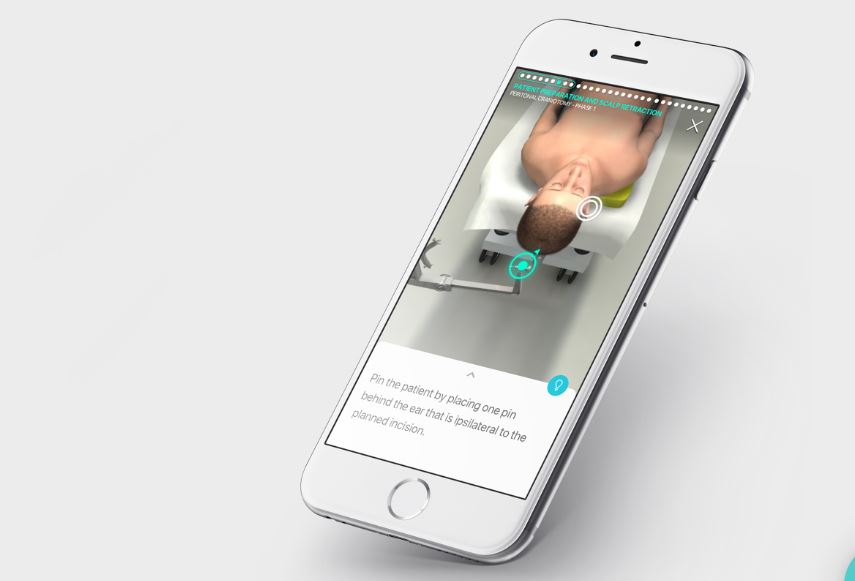Medtronic acquires AI specialist Digital Surgery

Medtronic has acquired the privately held company Digital Surgery, which specialises in surgical artificial intelligence (AI), data and analytics, and digital education and training.
One of the biggest names in Medtech, Medtronic hopes the acquisition will strengthen its robotic assisted surgery technology, with other applications across its portfolio.
The terms of the agreement with Digital Surgery have not been disclosed.
Digital Surgery will remain headquartered in London where there are plans for continued investment and workforce expansion.
The company’s executive team, including the two surgeon co-founders, Dr. Andre Chow and Dr. Jean Nehme, will remain in place and continue to provide leadership.
Digital products co-developed by Digital Surgery and Medtronic are expected to be offered on future Medtronic soft tissue robotic assisted surgery systems.
Dublin-based Medtronic said it does not expect the transaction to affect earnings per share for fiscal 2020.
Digital Surgery will join Medtronic’s Surgical Robotics business as part of the Minimally Invasive Therapies Group.
Dr Jean Nehme, surgeon, CEO and co-founder of Digital Surgery, said: “We have always believed in computational power and data as two central drivers of consistency and quality in surgery.
“Computational power has impacted our lives in so many ways, and within surgery it is almost absent. By joining forces with Medtronic, we will finally apply computing and AI to surgery on a meaningful scale with a goal of helping more patients in more places benefit from consistently high-quality surgical care.”
Megan Rosengarten, vice president and general manager of the Surgical Robotics business, said: “We are thrilled to bring the Digital Surgery team and their expertise into Medtronic, not only due to the strategic fit from a technology perspective, but due to the shared belief that patients around the world deserve access to quality surgical care.
“By pairing digital solutions with robotic platforms and instrumentation, we can have a big impact on expanding patient access.”













